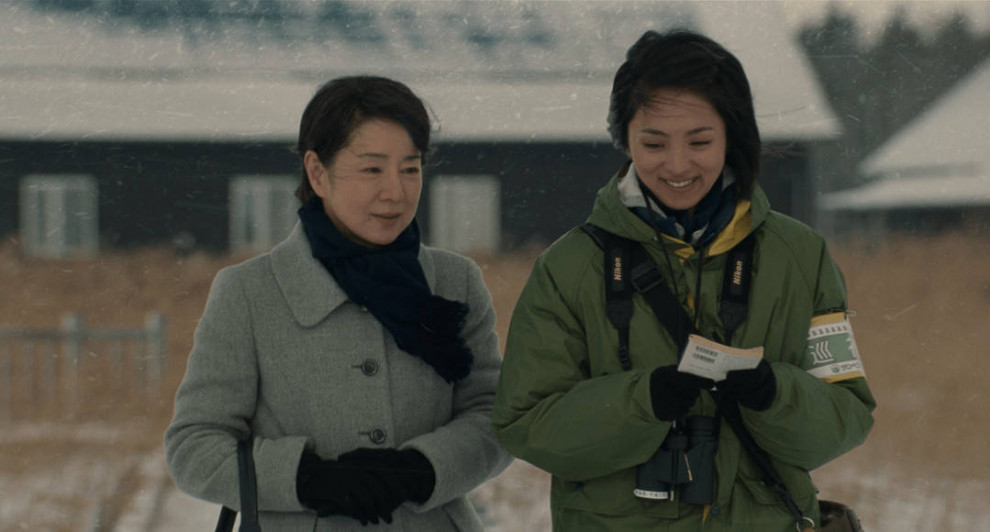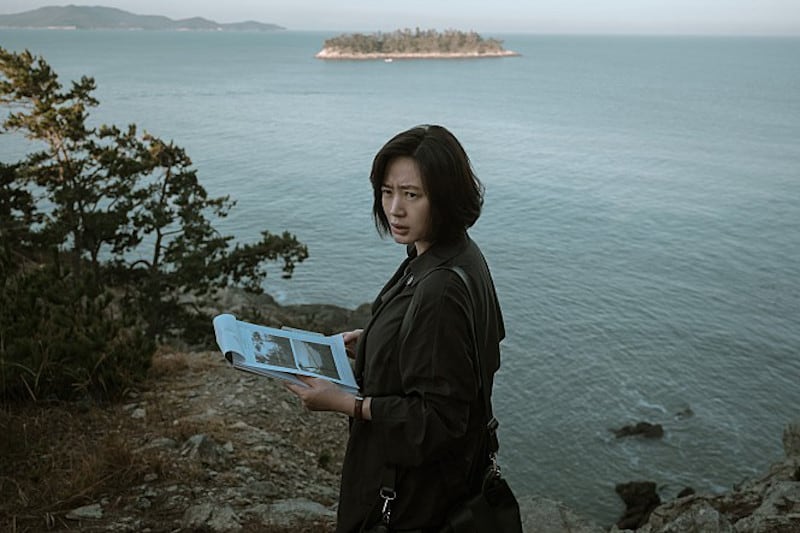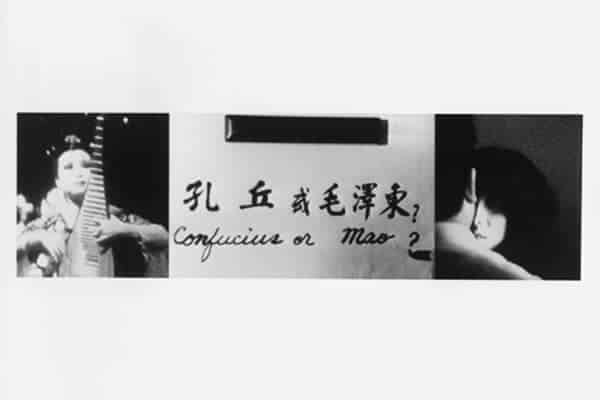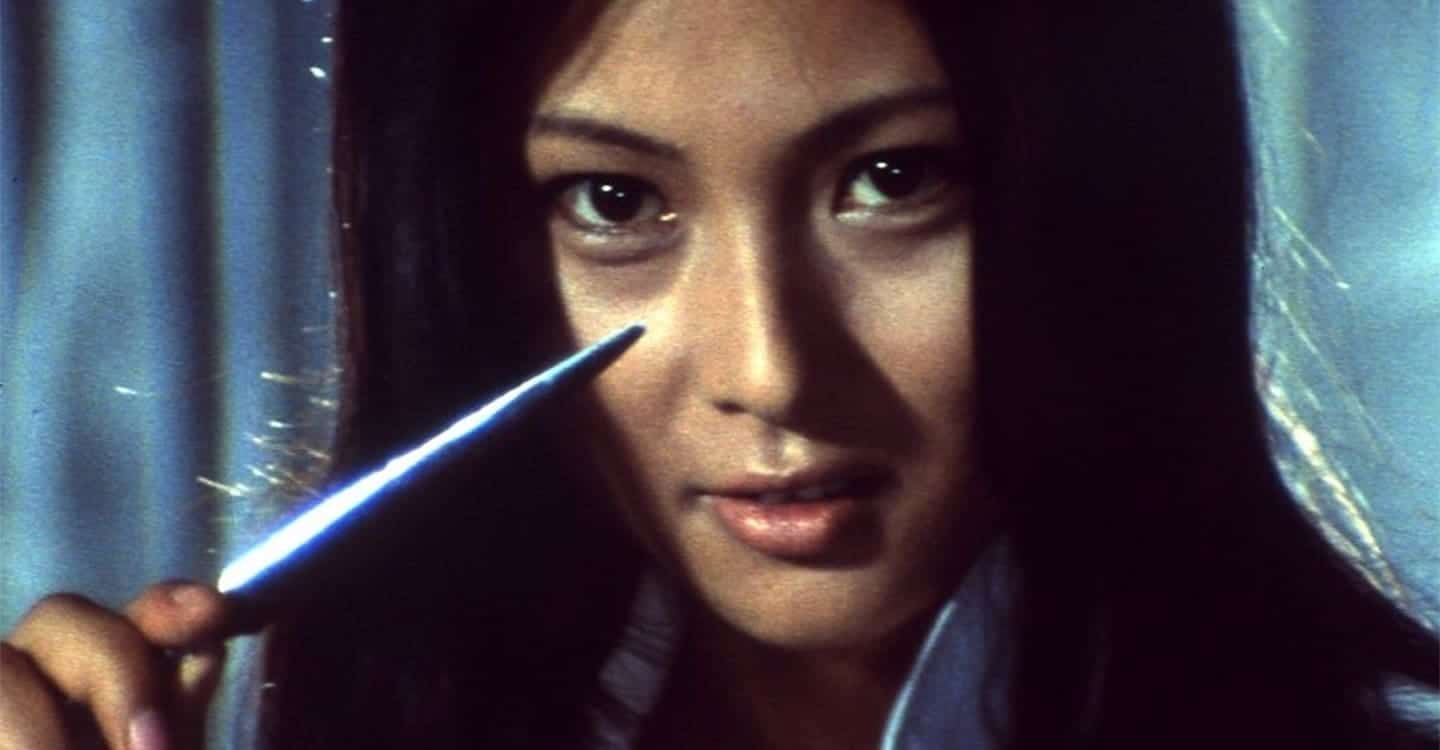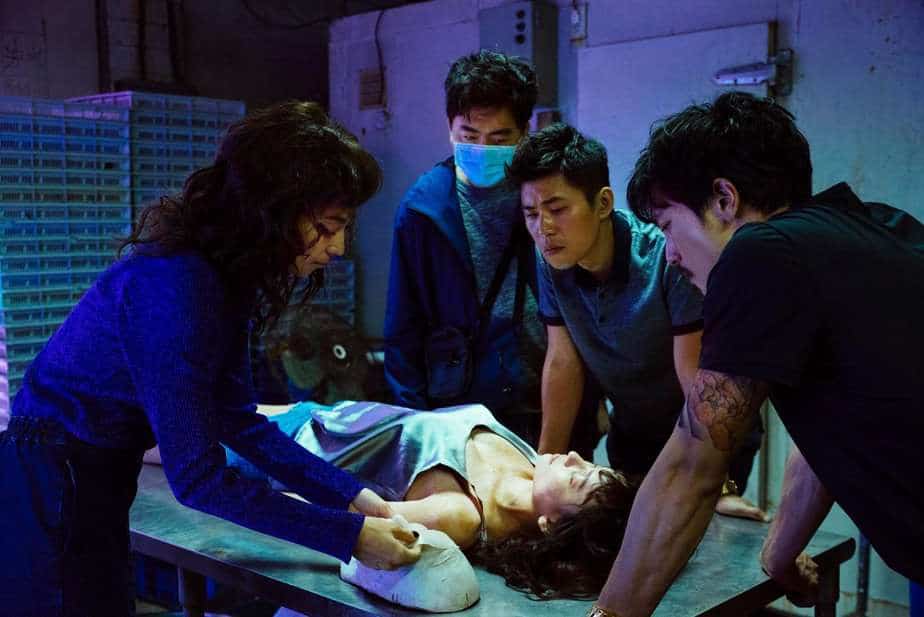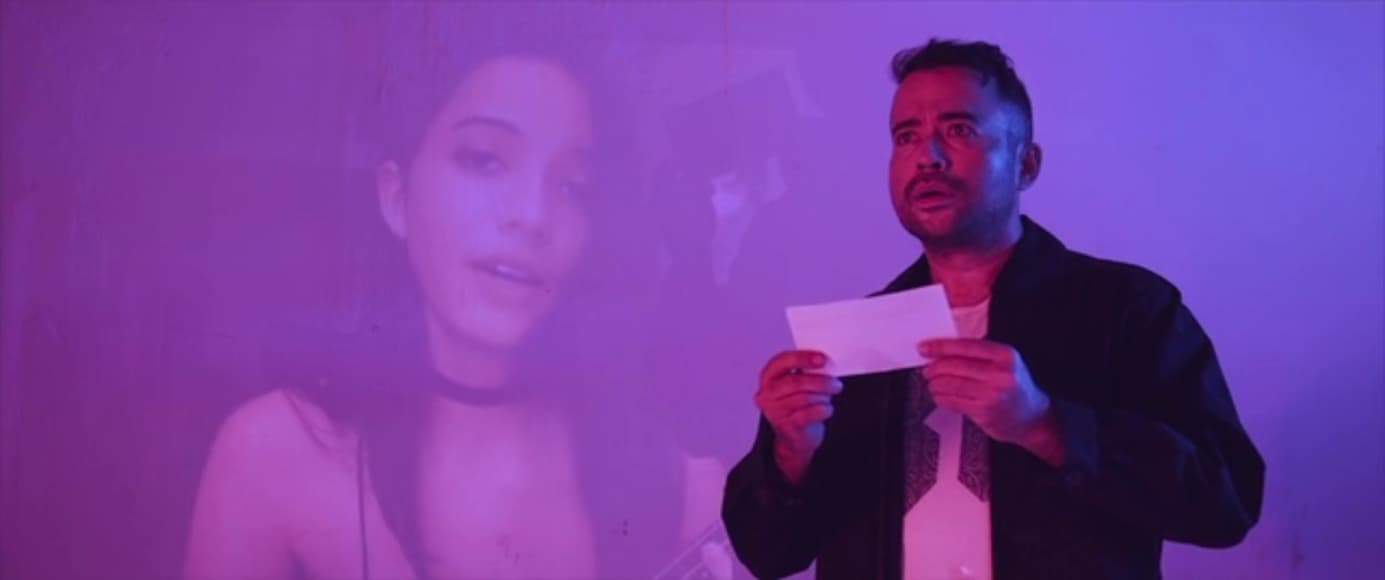Another excellent sample of Japanese filmmaking, “A Chorus of Angels” implements all the distinct characteristics of the country's cinema, while excelling at the technical department, with magnificent sound and cinematography, and the awards from the Japanese Academy for Best Music Score, Cinematography and Lighting being utterly justified.
Buy This Title
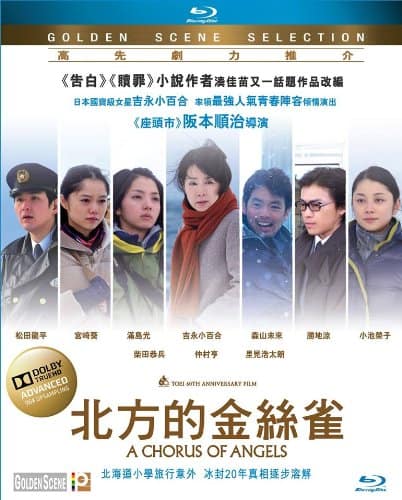
Based on the short story “Ni-jyu Nian Go no Shyukudai” from the “Oufuku Shokan” collection by Kanae Minato, τhe film revolves around Haru Kawashima, a retired school teacher, who currently works as a librarian, the six students (3 boys and 3 girls) she had when she was teaching in a remote village in Hokkaido 20 years before, the chorus they have assembled, an accident that brought their relationship to demise, and a number of secrets that have been lurking since that time and poisoned their relationships. When she is informed that Nobuto Suzuki, one of her students who was slightly mentally incapacitated is accused of murder, she decides to return to the island. While there, she confronts her students, their pasts together and autonomously, and the secrets they all carried.
Junji Sakamoto unfolds the story through a number of flashbacks, while he slowly reveals all of the participants' past, the accident the story revolves around of, and the secrets that led to their current, detached from each other situation.

The cruelty of kids is once more examined through the relationships of children in the school environment, although in a much less poignant fashion that lingers towards the melodramatic, as does the whole film actually. Additionally, Sakamoto presents social remarks regarding suicide, extramarital relationships, and eventually, the will of human beings to live.
Apart from the aforementioned, he presents artfully the usual Japanese style of dramas. Slow pace, great attention to detail, thorough analysis of characters, realism and scarce dialogue. As for the last aspect, this time the narrative consists mainly of monologues from the characters disclosing events of the past, their lives since the incidents, and their feelings all this time.
The movie is largely based on Haru Kawashima's character, played by the “priestess” of the teenage Nikkatsu films of the 60's, Sayuri Yoshinaga, who proved once more with her sublime performance, the prowess of the Japanese veteran actors, since she was 67 during the film's shooting. She carries herself with dignity, while she presents her character's dedication to all the individuals in her life. Furthermore, she showed great dedication during the shooting, since she had to walk knee-deep in snow, to swim fully clothed in the ocean and to climb a very high tower in order to fulfill her role. .
An all star youth cast accompanies her, consisting of Mirai Moriyama, Hikari Mitsushima, Aoi Miyazaki, Eiko Koike, Ryuhei Matsuda and Ryo Katsuji, who play convincingly their respective roles, which are, though, much smaller than Yoshinaga's . The kid actors that play the kid versions of the students are great, managing to present all the drama and the cruelty among a number of nostalgic melodies.
The cinematography of the film is sublime, with Daisaku Kimura conducting a master class in outdoor filming, with the added difficulty of the harsh Hokkaido conditions. The various shots of the island locations through the four seasons are utterly magnificent, presenting images of rare beauty, particularly during the snow season. Of equal value are the soundtrack and the overall sound editing , which are largely based on the whole kid-chorus concept.
“A Chorus of Angels” is a must-see for every fan of Japanese filmmaking and overall, a film of rare beauty


